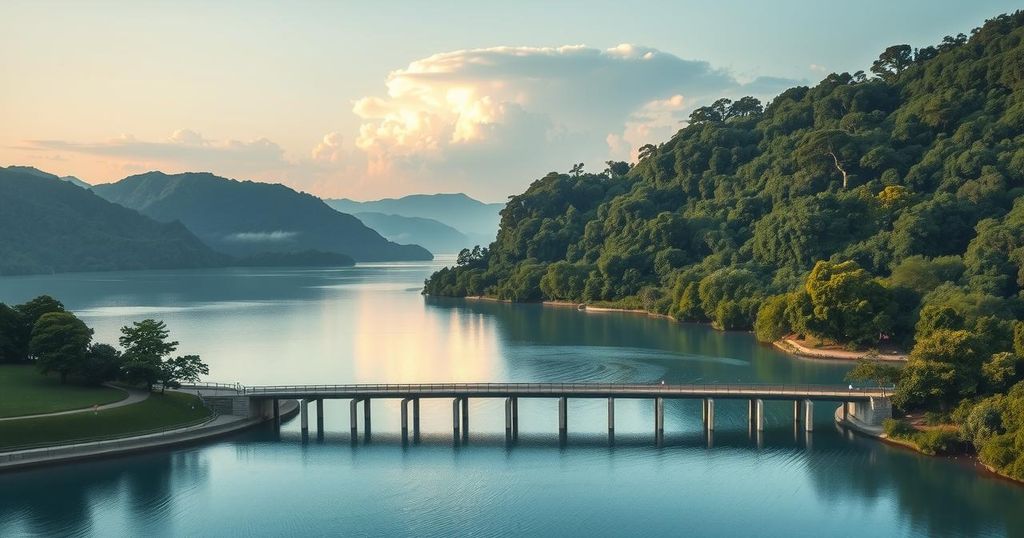Rwanda has welcomed a proposed regional summit regarding the escalating conflict in the Democratic Republic of Congo, particularly the situation surrounding the M23 armed group. With Goma captured by M23 and ongoing tensions, regional bodies like SADC and the East African Community are calling for enhanced cooperation to discuss security and political solutions. Rwanda’s foreign ministry reiterated its support for diplomatic efforts to resolve the conflict.
On Sunday, Rwanda expressed its support for a proposed regional summit addressing the escalating conflict in the Democratic Republic of Congo (DRC). The M23 armed group has reportedly made significant advances in eastern DRC, including capturing the pivotal city of Goma, with intentions to advance towards the capital. This development marks a serious escalation in a region rife with conflict, as various armed groups have been engaged in prolonged fighting for decades.
The South African Development Community (SADC), comprising 16 nations, called for a collaborative summit with the East African Community, which includes eight countries, to discuss security issues in the DRC. The Rwandan Ministry of Foreign Affairs stated its endorsement of the proposed summit, emphasizing that Rwanda has consistently promoted a political resolution to the ongoing conflict. Notably, Rwandan President Paul Kagame did not attend the SADC emergency session, although Congolese President Félix Tshisekedi participated virtually.
The Democratic Republic of Congo has been a focal point of conflict involving numerous armed militant groups, particularly within its resource-rich eastern regions. The M23 group, which claims to be fighting for the rights of ethnic Tutsis, has received allegations of support from Rwanda, contributing to heightened regional tensions. International calls for peace negotiations have intensified, highlighting the need for regional cooperation to mediate the conflict and restore stability in the area. The recent escalation emphasizes the critical nature of addressing both security and political solutions to foster lasting peace.
In conclusion, Rwanda’s acceptance of the proposed summit indicates a willingness to engage in regional dialogue concerning the DRC conflict. The advances of the M23 group and the participation of neighboring states reflect the critical need for collaborative efforts in addressing security challenges. As regional blocks gather to assess the situation, the emphasis on a political resolution remains essential for achieving lasting peace in the troubled region.
Original Source: www.scmp.com






